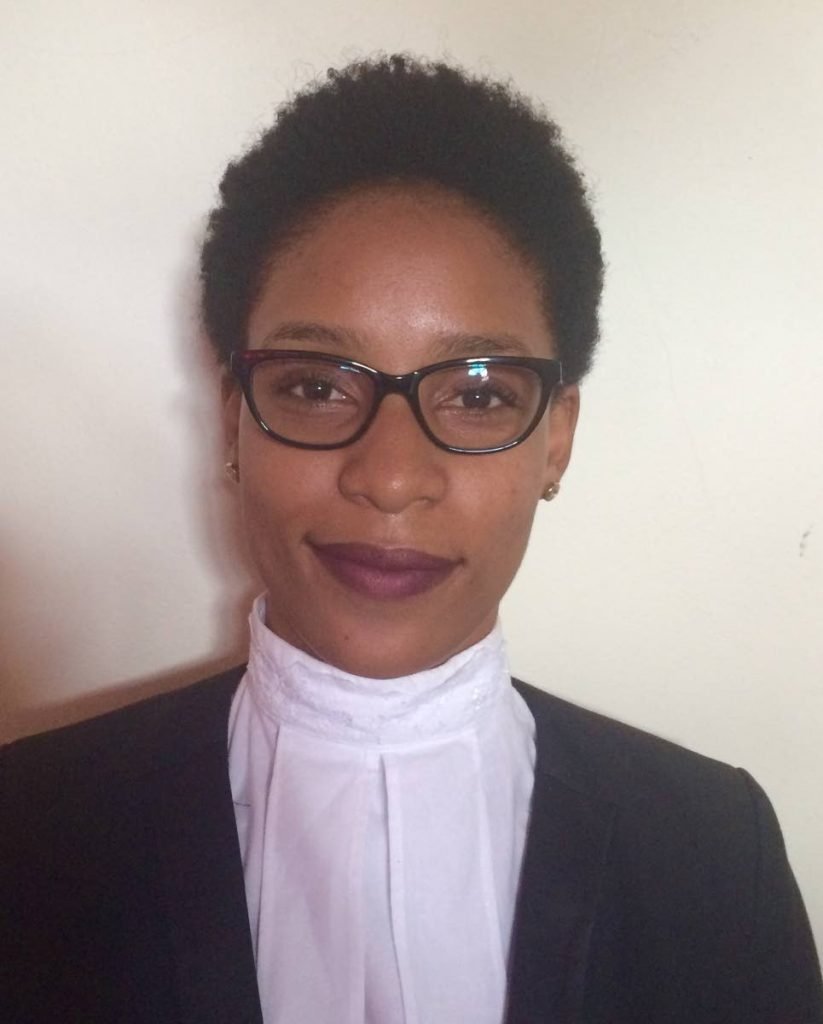Views from the bar: Royal rule in the 21st century

KANISA GEORGE
Netflix's portrayal of the British monarchy on The Crown showcases the emotional consequences accompanying duty and sovereignty, and has evoked non-stop commentary on the importance and in some cases, the relevance of the royal rule.
Despite the emotional turmoil and bitter family discord flagrantly on display, The Crown sneakily illustrates, in dramatic fashion, the value of the British royal family.
A beacon of strength and continuity, the rise of monarchical governance took form after Roman rule ended and British began in around 410 AD. Heptarchy dominated Anglo-Saxon England, and kings were selected to rule over the seven kingdoms. Dispelled by William the Conqueror in 1066, heptarchy was replaced by the rule of one declared king.
The term monarchy or "one ruler" is Greek in origin and is characterised by an individual who has royal linage.
Abstractly referred to as "The Crown", the British monarchy is a source of legislative and executive power. It holds a superior power in its role as a constitutional monarchy or Head of State and undertakes constitutional and representational duties, while the legislative power remains with Parliament. Performing a merely ceremonial and formal function now as opposed to a political one, the Crown is a symbol of nationalism and pride, that to critics stops short of practicality.
By far the most popular, the British monarchy isn't the only monarchy existing in modern-day governance. In fact, there are several mixed and constitutional monarchies in Europe. The Kingdom of Norway, Spain and Sweden all hold monarchical power that reflects a similar ceremonial role as the British Crown. In the Kingdom of Bahrain and Saudi Arabia, the monarchy operates in a completely different sphere. These monarchies retain most, if not all the governing power, and perform more than just an ornamental function.
One of the most important functions the British Crown plays is its role as the head of the Commonwealth. As featured on the Royal's website, the Commonwealth exists to foster international co-operation and trade links between people all over the world.
Consisting of a voluntary association of 54 independent countries, the Commonwealth mostly comprises of countries formerly under British rule. Birthed out of changes evident in the British empire after decolonisation, the Commonwealth rose out of the need for organisation and cohesion amongst the countries formerly part of the empire.
As outlined in the Singapore Declaration in 1971, the Commonwealth is an international organisation in which countries with diverse social, political, and economic backgrounds are regarded as equal in status, and co-operate within a framework of shared values and goals. Assuming a purely symbolic role since the London Declaration of 1949, the Queen's position in the Commonwealth is only as its head and not the head of state in each country.
If the Crown's role is merely symbolic, then why not end its reign?
The British monarchy deeply influences the UK's national character, but many believe it should be abolished as it is a characteristically corrosive and anachronistic institution. An article titled Backward Britain highlighted that the most offensive feature of the monarchy is that it cements privilege at the top of State and society. Royalty is an advertisement that "pedigree" still matters in Britain, and it perpetuates in contexts far removed from royal life.
Abolishing the monarchy would not erase the class divide, but a republican form of government might be a move in the right direction towards the principles of equality and democracy. There is another argument which suggests that if the Crown takes on merely a symbolic role, then the State should not be responsible for sponsoring their extravagant lifestyle. This contradicts modern-day views of an egalitarian society where only a select few receive taxpayer-funded grants, real estate, special protections from criminal justice, and the deference of elected politicians. Figures released by Buckingham Palace estimated that it cost British taxpayers US $58 million in the year 2018 to maintain the Crown's lifestyle.
To some critics, the Crown's role as a centrepiece undermines the value of democracy, a notion that weakens its traditional value and views of national importance. Although the Crown has no actual power, its position acts as a symbol of British culture and history spanning decades underscored by wars, change in leadership and financial depression.
Whether the United Kingdom maintains a monarchy or transitions to a republic state, the world's obsession with the British Crown occurs at a time when one can be born into privilege and rule over others in an otherwise democratic country.


Comments
"Views from the bar: Royal rule in the 21st century"